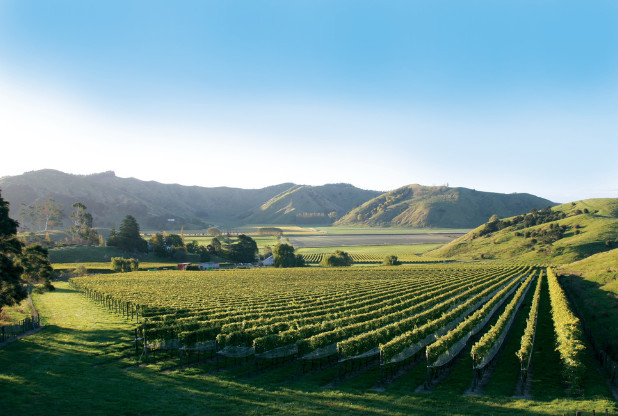
NZ wine industry unveils roadmap to net zero by 2050
New Zealand Winegrowers has unveiled the New Zealand Wine Roadmap to Net Zero 2050 during the Research & Innovation Forum, part of the Altogether Unique 2024 wine celebrations held on 30 August in Wellington.
The roadmap outlines the wine sector's plan to achieve net zero emissions by 2050, a goal set by the industry to address the growing impact of climate change.
Fabian Yukich, chair of the New Zealand Winegrowers environment committee, highlighted the significance of the roadmap.
“Climate change is the biggest long-term challenge facing our industry. It will influence our choice of grape varieties, wine styles, viticultural techniques and regions, and importantly, the purchase decisions of our customers. Our response to climate change is critical to the reputation of New Zealand as a producer of high value, sustainable, premium quality wine,” Yukich said.
The roadmap was developed with the support of EECA (Energy Efficiency & Conservation Authority) and thinkstep-anz. It assesses the current greenhouse gas emissions of the wine sector and provides clear targets for 2030, 2040 and 2050. The roadmap also offers practical strategies for reducing emissions and promoting innovation in vineyards and wineries.
In the immediate future, the focus will be on reducing scope 1 emissions, which are easier to manage within individual operations. Scope 2 and 3 emissions, linked to energy, transport and packaging, will require broader collaboration across the value chain. Edwin Massey, general manager of sustainability at New Zealand Winegrowers, emphasised the industry's resilience and its ability to turn challenges into opportunities.
“The wine industry has a proud history of embracing challenges and turning them into opportunities. Learning from each other, and from partners up and down our supply chain, will be critical to reducing emissions and meeting our 2050 goal,” Massey added.
The Roadmap to Net Zero 2050 is part of the wine industry’s long-standing commitment to sustainability, building on the Sustainable Winegrowing New Zealand (SWNZ) programme, which has been in place since 1995. The SWNZ certification, independently audited, has earned some recognition for its sustainable practices, as seen on millions of exported wine bottles.
As consumers increasingly seek transparency in environmental practices, the New Zealand wine industry is positioning itself to maintain its leading status in sustainable wine production.




